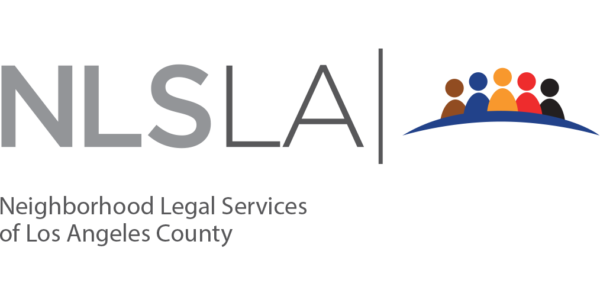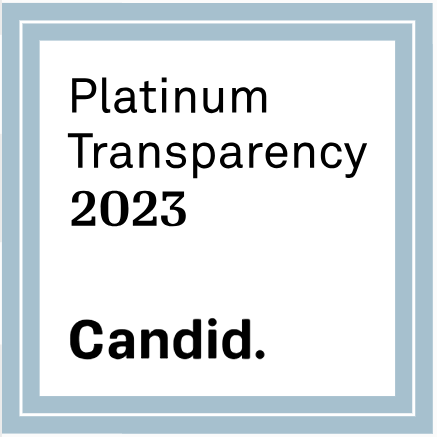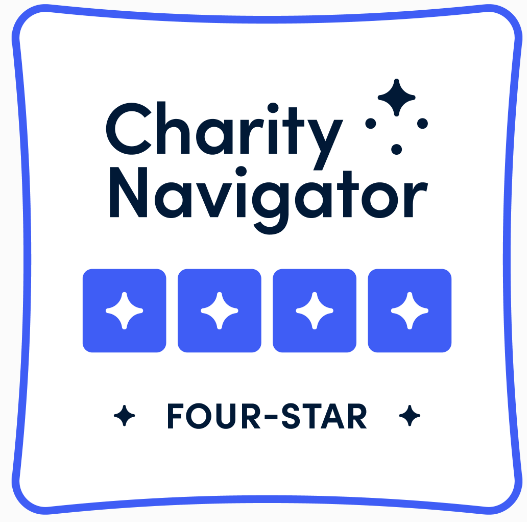Notes from the Field: The Medical Debt Public Health Crisis
By Bernadette Manigault
Medical debt can derail a family’s future. As the supervising attorney for NLSLA’s Health Consumer Center, I have watched Medical Debt emerge as a central issue for our program, threatening to undermine stability for low-income families.
The story of Richard* and his family is a vivid—and all too common—example. Richard* is the sole earner supporting a family of six. His first child was born in 2010, and was admitted to a Newborn Intensive Care Unit (NICU) for observation. As his wife recovered from the difficult labor, Richard spent every night, from midnight to early morning, in the NICU with his firstborn. A week later, the couple welcomed the baby home.
At the time, Richard was working as a sales representative for a Coca Cola bottling company and receiving health insurance through his employer. When the baby was born, he timely submitted all of the insurance paperwork required to cover the child under his plan, paid the required premiums, and received an insurance card for the baby. For four years, he believed the insurance had covered the delivery and NICU bills because he never received a bill or collection call from the hospital.
But in 2014, the hospital sued Richard and his wife for $19,200. Richard immediately called the hospital to correct what he assumed was a mistake. When the hospital insisted he pay the bill, he called his health plan to ask about the coverage denial. The health plan told him they could not locate his name or the baby’s name in their system. By then, he had changed jobs and his former employer was not interested in helping him figure out why the health plan paid for the labor and delivery but did not pay for the NICU.
Richard found out about the lawsuit just days before the court date. His new employer would not give him the day off to appear in court, and he could not afford to lose his job. He ended up with a default judgment for $19,200 plus attorney’s fees, costs, and several thousand dollars in interest. Over the years, the family paid $18,753 towards the debt, but most of the payments were applied towards the post-judgment interest. In September 2022, the debt collector sought to renew the judgment for $28,737.60. At the 10% interest rate, they would never pay it off.
Richard asked the Health Consumer Center for help. We reached out to the judgment creditor, who offered to settle the debt for $3,976.54. We then helped the family secure a $2,500 donation from The Change Reaction, a nonprofit organization that works with NLSLA to provide emergency funds for clients. Richard paid $1,476.54 to settle the debt in full, and saved at least $27,261.06. We then helped him to apply for hospital financial assistance to recoup some of the money the family had paid over the years.
During my time with the Health Consumer Center, I have frequently run into the misconception that medical debt only impacts those without insurance. But many of our clients are, in fact, insured, and wrack up medical debt because of improper denials, billing errors, out of network providers, and uncovered services. Many of our uninsured clients incur debt during short gaps in their coverage when they switch plans, transition to a new job, experience a divorce, or welcome a new baby. The majority of our medical debt clients are what’s considered “underinsured,” meaning they have insurance, but it fails to meet their needs. Many people only realize there is a problem when they have an unexpected medical issue requiring specialists and medications.
A recent study found that the medical debt burden in Los Angeles County alone is $2.6 billion. And half of those with medical debt reported taking on credit card debt to pay for their medical bills, trapping them in a cycle of poverty that can last a lifetime. In the past two years, NLSLA has relieved consumers of more than $1 million in medical debt, and we expect that number to increase significantly in the coming years. With consistent education to consumers, new statewide protections, and vigorous legal advocacy, we will continue to expand our impact in addressing this critical problem and ensuring that a medical emergency does not become a financial catastrophe.



